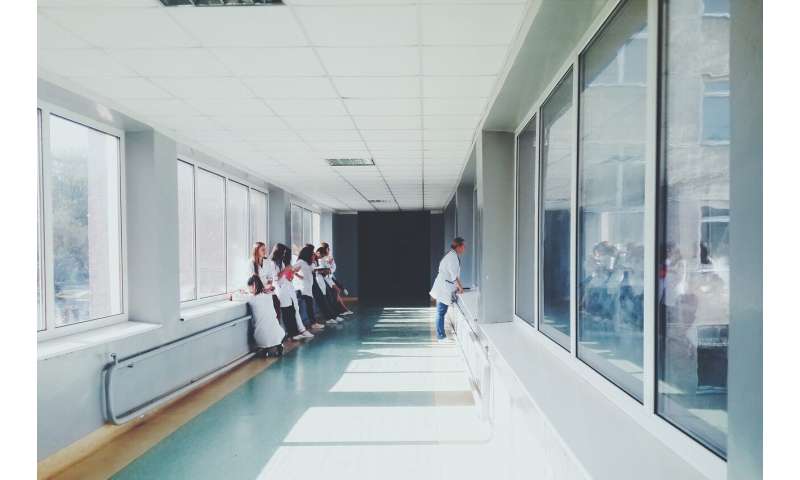
Three quarters of a group of patients who received care for coronavirus at Bristol’s Southmead Hospital were still suffering ongoing symptoms three months later, a study published on the preprint server medRxiv has found.
Researchers at North Bristol NHS Trust found that 81 out of 110 discharged patients were still experiencing symptoms such as breathlessness, excessive fatigue and muscle aches when invited back to clinic.
Many were also suffering from poor quality of life compared to the rest of the population, struggling to carry out daily tasks such as washing, dressing, or going back to work.
Most of the patients did, however, report improvements in their initial symptoms of fever, cough and loss of sense of smell. Reassuringly, the majority of patients had no evidence of lung scarring or reductions in lung function.
The findings came as part of the preliminary results of the DISCOVER (DIagnostic and Severity markers of COVID-19 to Enable Rapid triage) project, the first of its kind, into the longer-term effects of coronavirus.
Dr. Rebecca Smith, Deputy Director of research and innovation at North Bristol NHS Trust, said “There’s still so much we don’t know about the long-term effects of coronavirus, but this study has given us vital new insight into what challenges patients may face in their recovery and will help us prepare for those needs. We’re pleased that researchers at Southmead Hospital are leading the way, and hope our findings can help patients and their GPs understand the course of post-COVID illness and the role of routine tests.”
The research is due to continue at Southmead Hospital, with researchers collaborating with the University of Bristol to look at the participant blood tests, rehabilitation therapies and psychological support.
Dr. David Arnold at North Bristol NHS Trust and NIHR Doctoral Research Fellow in the Bristol Medical School: (THS), who is leading DISCOVER, explained: “This research helps to describe what many coronavirus patients have been telling us: they are still breathless, tired, and not sleeping well months after admission. Reassuringly, however, abnormalities on X-rays and breathing tests are rare in this group. Further work in the DISCOVER project will help us to understand why this is, and how we can help coronavirus sufferers.”
Source: Read Full Article
